
Local Body Elections
Good Local Media promised you the best coverage possible of the election in Waipā and we are delivering.

Local Choice
We challenged every candidate to respond to 10 questions on issues such as borrowing to fund shortfalls, Ahu Ake, Cambridge Connections (also known as the Blue Blob), urban intensification, council expenditure, Māori wards, community boards, Te Ara Wai’s future, Lake Karāpiro and their vision for Waipā.
We asked community board candidates whether councillors should sit on boards, do they support a Māori seat, should CBDs be the main retail hub, what involvement should community board chairs have at council, lack of consultation in Cambridge and Kihikihi, secret meetings, decision making, discretionary grants and the future of boards.
Their answers are going up on our websites as we process them – cambridgenews.nz and teawamutunews.nz.
Click on Elections2025 and the answers to those questions are there.
It’s for Good Local Media readers and like this newspaper, it’s free – you pay nothing and it doesn’t come out of rates.
There are no paywalls – it’s an entirely independent unbiased presentation of the responses of candidates to questions we think are relevant to the district.
Along with the candidate responses is breaking news around the election campaign as it heats up.
Elections in Waipā don’t come cheap – the district council is spending $284,000 on them this year. Ōtorohanga ratepayers are seeing their council pay $51,000 and Waitomo ratepayers $72,000.
Take an interest in these elections – check out what candidates think. Today we give you a snapshot of the responses received by 6pm Monday to some of those questions.
We asked the mayoral candidates and those people standing for council itself the following question:
Waipā is currently running operational deficits over three years, which reduces the annual rates increase by around 4%. To fund this gap, the council is borrowing an average of $8 million per year.
- Were you aware of this funding strategy?
- Do you agree with the approach of borrowing to fund operational shortfalls as prudent rather than raising rates to fully fund current operations? Why or why not?
MAYORAL CANDIDATES
Susan O’Regan
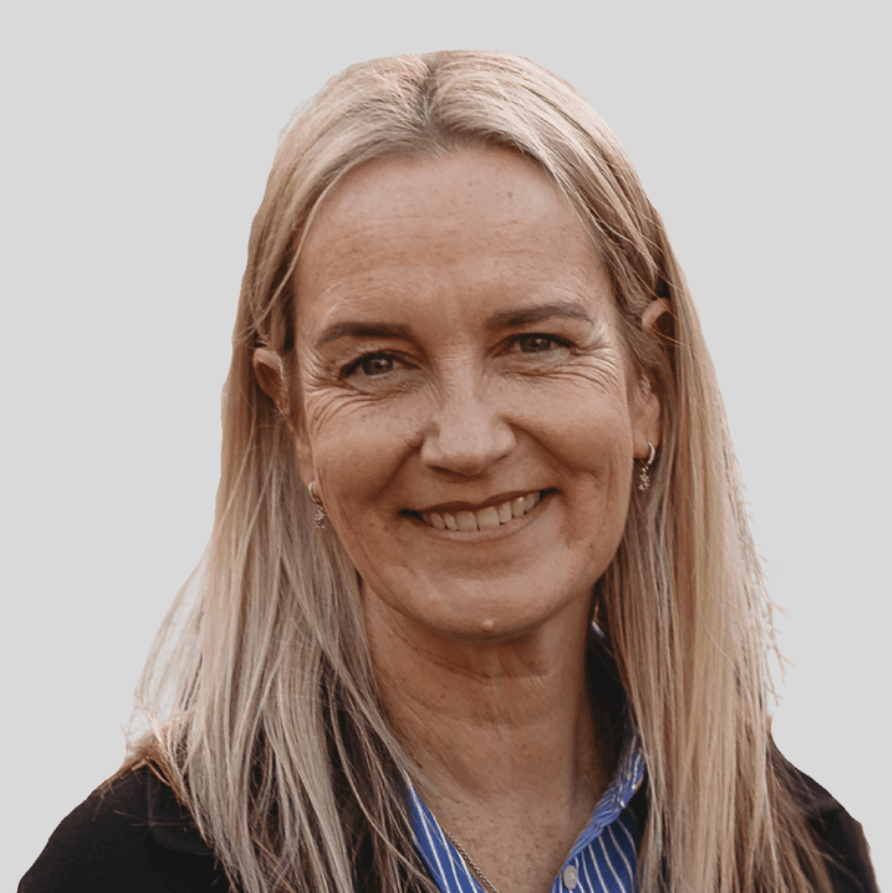
Susan O’Regan – 2025
The assertion in this question that we are borrowing to fund operating deficits for the first three years is not correct. The forecast operating deficits are the result of not fully funding depreciation during those 3 years.
While they are forecast accounting deficits, they are not cash deficits and therefore no borrowing is required to fund the shortfall. As the depreciation funding shortfall is made up in subsequent years we felt the budget was prudent. It is an important principle that we try not to borrow to fund operations.
Mike Pettit

Mike Pettit -2025
Obviously far from ideal, as borrowing to cover operational deficits is not sustainable. Ratepayers expect prudent financial management. As mayor, I would require line-by-line scrutiny of budgets and/or starting with a zero budget in some areas, to look for operational efficiencies before passing costs to residents.
At the same time, I want Waipā to explore mixed funding models — bringing in government support, business partnerships, philanthropy, grants and setting up trusts where applicable — so we are not so dependent on rates.
Borrowing should be a last resort, used only when fully justified, clearly explained, and backed by strong governance oversight. Read more
Clare St Pierre

Clare St Pierre – 2025
While not ideal, I see it as prudent as a short-term affordability measure to keep rates lower. The shortfall isn’t entirely funded by increased borrowing. Operating reserves were used to reduce the overall rates requirement (and reserves aren’t counted in the balanced budget formula), some depreciation costs of about $1.5 Million per year were unfunded (catch up takes place in later years), and certain operating costs for projects like the District Plan and Ahu Ake – Waipā Community Spatial Plan were loan funded rather than rates funded was deemed acceptable due to the long-term nature of these plans.
WAIPA MAORI WARD
Dale-Maree Morgan

Dale-Maree Morgan – 2025
Borrowing can ease short-term pressure, but it’s not a permanent solution. We need clear priorities, continued cost control, honest conversations with the community about sustainable options before increasing debt or rates.
CAMBRIDGE WARD
Aidhean Camson

Aidhean Camson – 2025
The Long Term Plan shows this clearly in the balanced budget benchmark. As a general rule, I don’t support borrowing to cover everyday operations – it’s not sustainable long term. That said, I do see the rationale: easing rates increases during a period of cost pressures on households.
What matters now is making sure this doesn’t drift. Council performance must be monitored tightly so we meet or beat the current plan. My commitment is that Waipā should be back in balance before 2028-29 – living within our means while still investing wisely for the future.
Mike Cater

Mike Cater – 2025
Generally speaking, council should endeavour to live within its means – prudent would have been not placing our community and ratepayers in this position in the first place. The ‘nice-to-haves’ should be put on the backburner until such time they are affordable. Ratepayers are not a never-ending source of ever-increasing revenue. Other revenue streams should be considered other than hitting the ratepayer.
Philip Coles

Philip Coles – 2025
Keeping borrowing and rate increases at a sustainable level takes a huge amount of balancing and understanding of the economic environment at the time. The world and our own lives never run on a straight line, there are humps and bumps along the way. In recent years there has been inflation pressure and construction pricing demands internationally. The introduction of central government reforms play a portion of rate increase. Our core services and infrastructure are at a high level due to sound investment planning over many years which our stakeholders continue to benefit from.
Jo Davies-Colley

Jo Davies-Colley – 2025
Yes, although I don’t believe it is true to say council is borrowing to pay for day-to-day costs. The shortfall in the first three years of the Long Term Plan is mostly “on paper” because council isn’t fully setting aside depreciation during that time. While this approach reduces short-term rate increases, council must ensure depreciation is fully funded later to ensure that it has the funds needed to renew our community’s assets as they come to the end of their lives.
Roger Gordon

Roger Gordon – 2025
I was aware of the funding strategy. I do not agree with borrowing to cover operational shortfalls as it is not sustainable and masks the true level of rates required. Elected members must have proper oversight of budgets to ensure accountability, and I opposed the high rates increase without being able to review the detail. Transparency is essential. Information obtained later through LGOIMA (Local Government Official Information and Meetings Act) showed staff growth that could have been managed more efficiently. Savings should be found before turning to debt. Council must live within its means, just as households and businesses do.
Ian Hayton

Ian Hayton – 2025
This “borrow-to-live” approach reflects poor financial management by council, akin to relying on payday lenders. Council must live within its means. With current excessive borrowing costs (interest and principal), residents are already burdened, and further debt is irresponsible as are rate increases.
Stuart Hylton

Stuart Hylton – 2025
I don’t agree with borrowing to fund operational deficits. Borrowing for core infrastructure that benefits future generations is one thing, but using debt to cover day-to-day running costs is like putting the groceries on the credit card. Unsustainable and unfair. Waipā needs to live within its means by cutting wasteful spending, delivering the basics well, and restoring accountability. Ratepayers deserve lower rates driven by smarter management, not short-term fixes that push today’s problems onto tomorrow’s residents.
Pip Kempthorne

Pip Kempthorne – 2025
As a resident of Cambridge there has been a significant lack of transparency regarding the financial structure and reporting of the council’s finances. As a councillor, I would use my strengths in commerce and finance in this area to ensure both responsible and prudent financial practices are adhered to. Operational deficits are not acceptable in the medium to long term. In order to make sure operational deficits are eliminated, strong discipline is required by all key stakeholders, alongside improved organisational productivity and a constant search for value.
Karla Lugatiman

Karla Lugatiman – 2025
Yes, I am aware of this strategy. With my background in financial stewardship and business operations, I know that borrowing funds may ease pressure in the short term, but I believe that it is not sustainable long-term. Council should be more transparent with ratepayers, ensuring every dollar is spent wisely. I am more in favour of a balanced approach, where we review operational costs, cut inefficiencies and prioritise core services before increasing debt further. If borrowing cannot be avoided completely, it must be linked to future benefits that deliver real value for Waipa ratepayers.
Dave Marinkovich
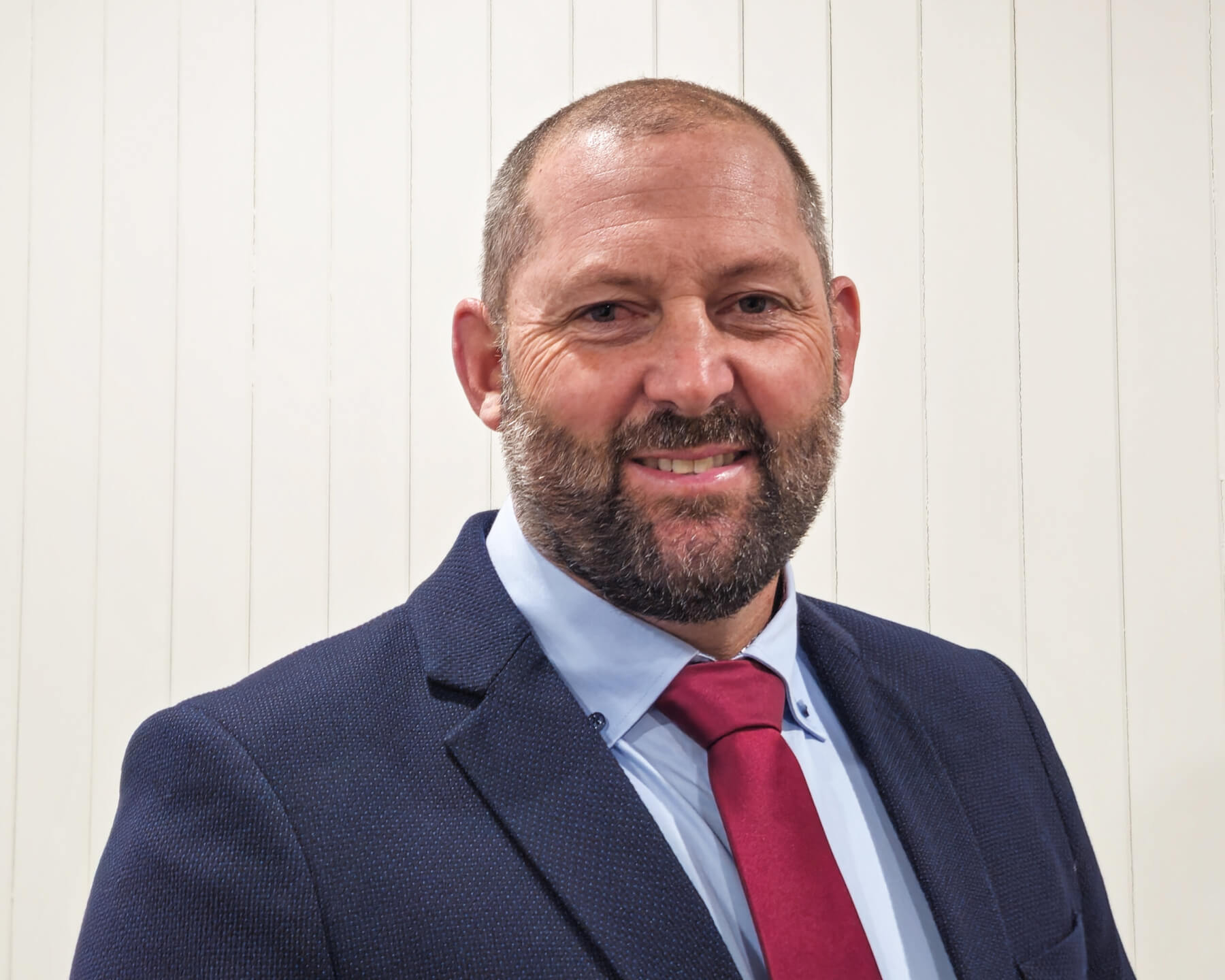
Dave Marinkovich – 2025
I do agree with this approach provided it is managed correctly. Many households are feeling the pressure of the cost of living and very unhappy with sharp rate increases. Therefore, keeping rates increases as low as possible is important but so is maintaining essential services and continuing key infrastructure projects. This approach allows for both but should focus on funding assets and growth as well as identifying and cutting non-essential costs to ensure there is a return to surplus as soon as possible.
Stuart Matthews

Stuart Matthews – 2025
Borrowing is for investing in assets, not paying the bills.
Barry Quayle

Barry Quayle – 2025
My analysis has exposed fundamental flaws in council financing arrangements. It is neither prudent nor appropriate to fund operational deficits from borrowings. It is equivalent to using your credit card to fund household running expenses. It’s not sustainable and increases the debt burden. The chickens will eventually come home to roost. Operational budgets must be tailored to live within income levels excluding debt. The appropriateness of council spend and increases in rates must be performance measured against (other) councils. Waipā is in the upper quartile of councils for having the highest rates increases over the last three years at over 40 per cent.
Don Sanders

Don Sanders
I don’t support it. The council should live within its means, just like households and businesses do. Borrowing $8 million annually to cover basic operational costs is unsustainable and irresponsible. Before asking ratepayers to shoulder more debt, we need to cut waste, improve efficiency, and prioritise spending.
Hope Spooner
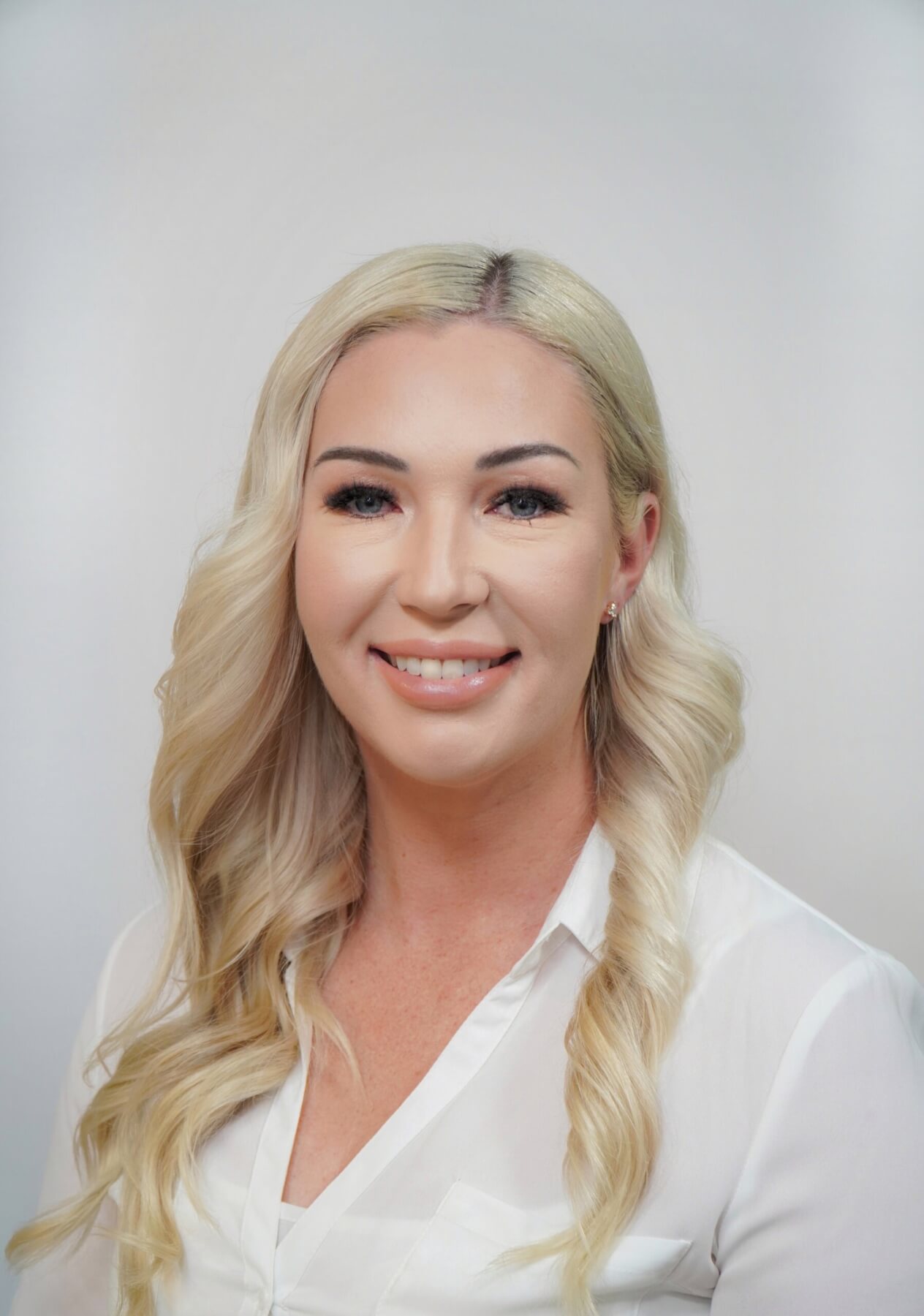
Hope Spooner – 2025
No, I was not yet aware. I do not agree. I do believe that council has backed themselves, and by default their communities, into a corner with their out of control spending. Borrowing to pay loans only works if spending is reduced overall.
MAUNGATAUTARI
Mike Montgomerie (elected unopposed)

Mike Montgomerie
The forecast operating deficits are the result of not fully funding depreciation during those three years. While they are forecast accounting deficits, they are not cash deficits and therefore no borrowing is required to fund the shortfall. In the subsequent years the depreciation funding shortfall is made up. Because of this we determined the overall budget was prudent. It is an important principle that we do not borrow to fund operations except for a very limited class of operating projects where, by their nature, it is most appropriate to have their cost spread over multiple years.
COMMUNITY BOARDS
We asked should councillors sit on the two community boards and whether the boards should continue to exist.
Graeme Allen
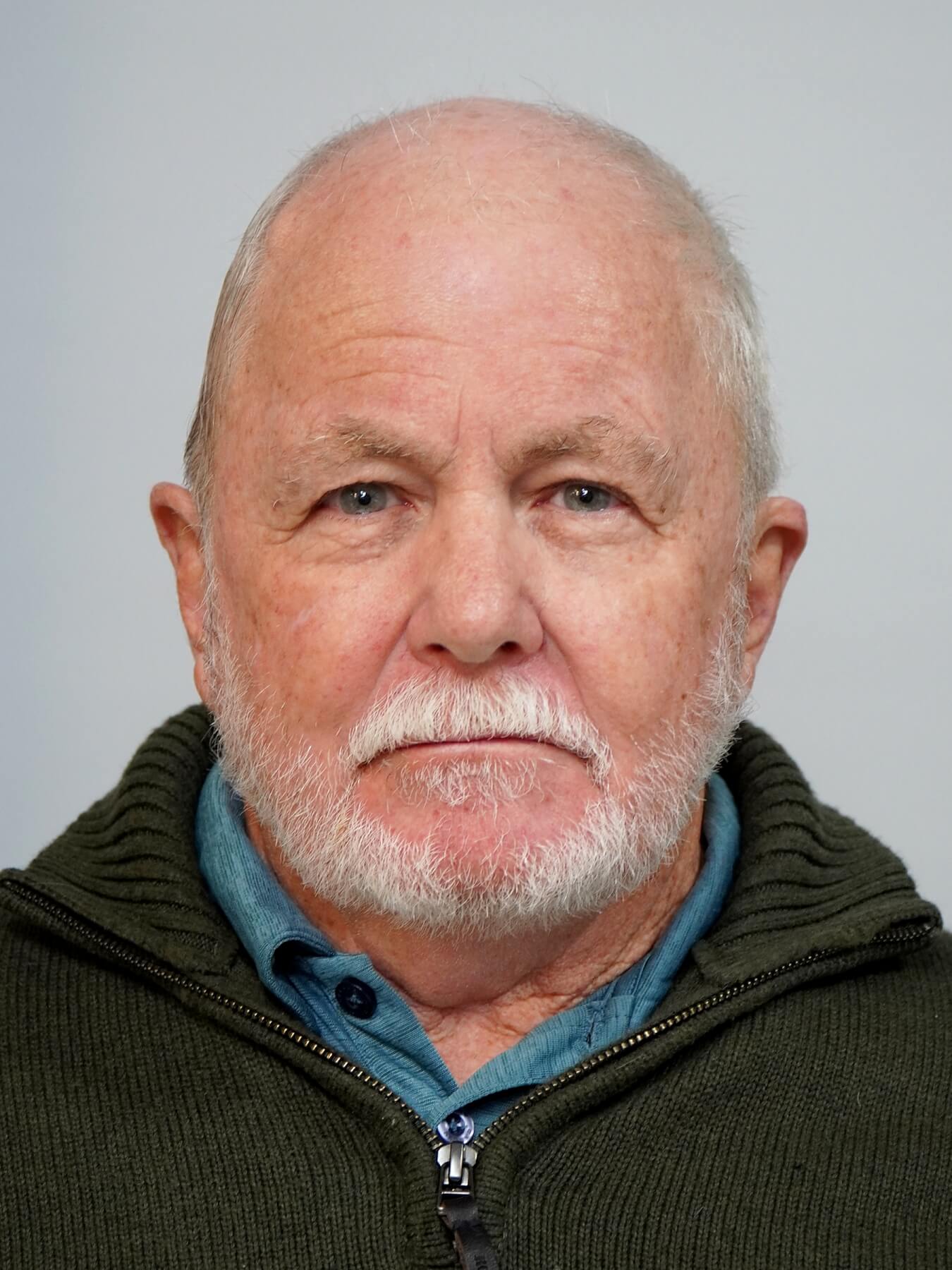
Graeme Allen – 2025
I think it is important a councillor sits on the board as it lends authenticity to the advocacy. A ward councillor has also been voted onto council by the residents in the board area, so would be expected to be involved in the local issues.
Yes. So long as they are beneficial, being used by residents for feedback or complaints and taken note of by council. If used appropriately they can save council staff time when gauging residents’ comments/opinions.
Charlotte FitzPatrick
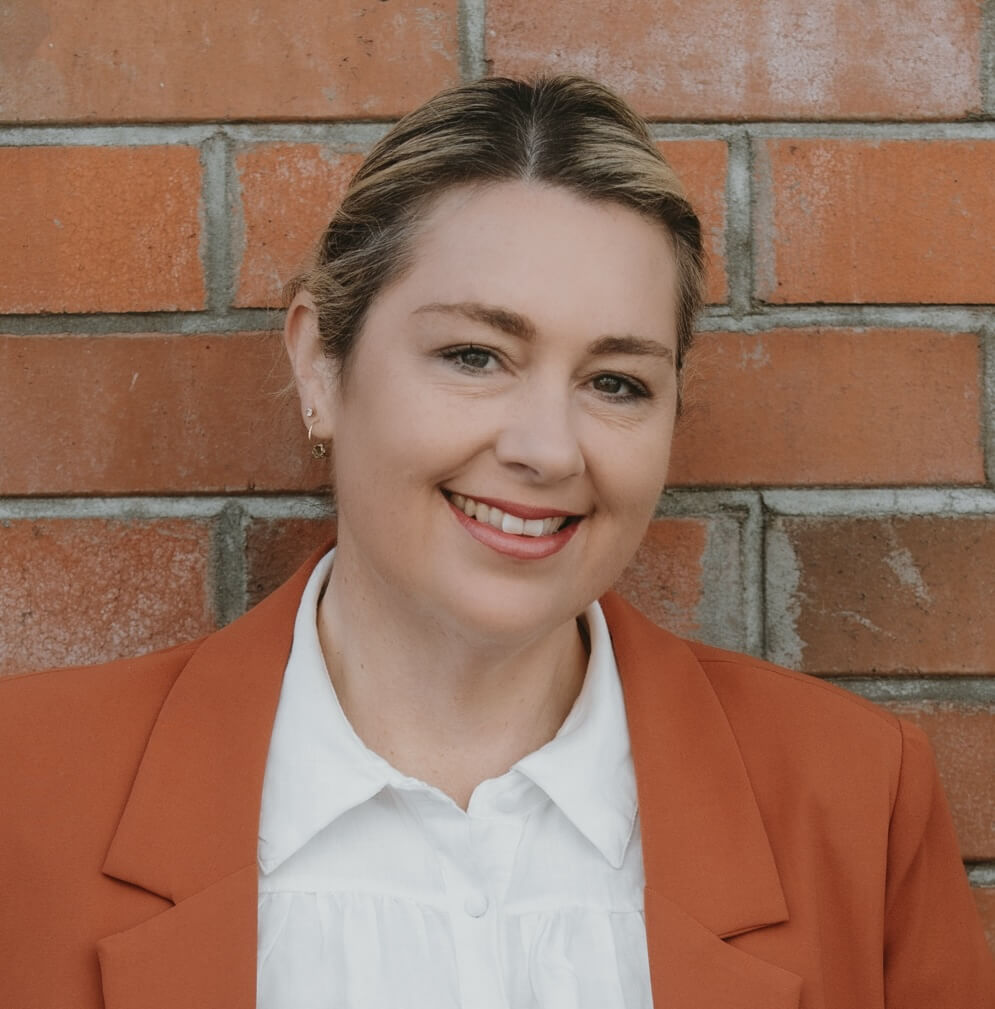
Charlotte FitzPatrick – 2025
Councillor representation on community boards should strengthen alignment with council priorities. But effectiveness depends on a successful and seamless feedback loop where board insights are actively captured and used to inform council decision-making. Without that, their representation risks being symbolic rather than impactful. I previously raised concerns in 2021 about community boards not fulfilling their advocacy role and adding to the complexity of local government. However, I’m standing to help change that. Community boards are here today and should be a platform for strong local advocacy and meaningful community representation. I’m here to listen and represent you.
Mitchell Jordan

Mitchell Jordan
I personally think that the community boards should have councillors from their area sitting on the community board so that they can still be involved in the community and still able to contribute to their community while being on the ground with the board. I tried to get a community board where I lived in 2018 and at that year’s election, it was created. They are there to support the community and advocate for them. I have a plan to have a youth advisory board to involve young people. I’m here to listen and work for you, with you.
Pip Kempthorne

Pip Kempthorne – 2025
The community board is structured to get an interface between the community and the council. As a result, having a councillor representing the governance group on the local community board makes a lot of sense.
The Cambridge Community Board and other local community board groups are an essential part of a functioning democracy. Their very structure and focus are designed to ensure that local concerns and initiatives are not lost in the complexities of managing a district such as Waipa. They must remain for the good of the residents, town and the district.
Chris Minnee’

Chris Minneē – 2025
Councillors should sit on the two community boards, as a way for the council to have a direct overview of the issues being dealt with by the board.
Community boards should continue to be a part of the Waipa District council organisation, it is a conduit for dialogue to and from council for the ratepayers and citizens.
Karen Morris
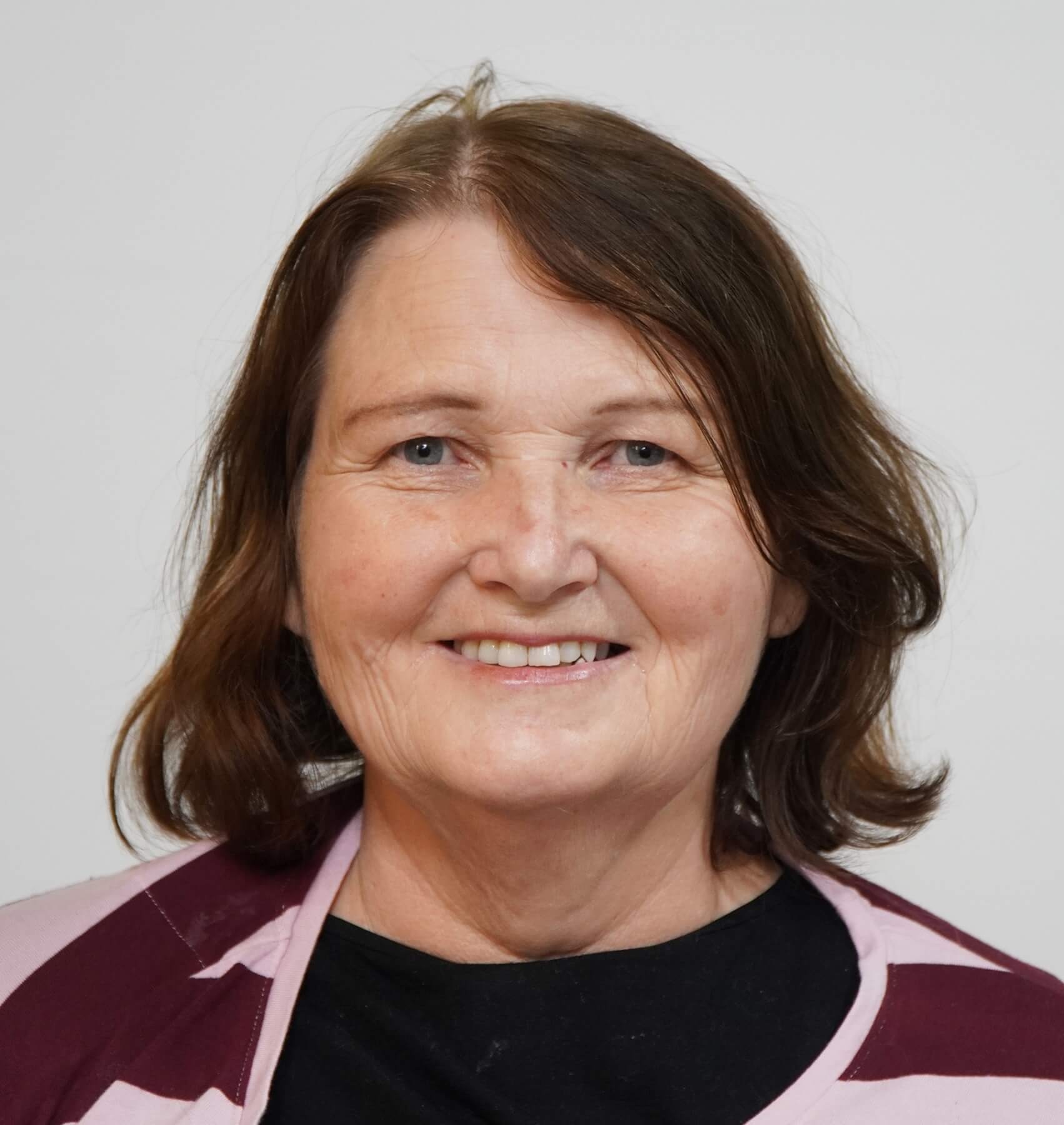
Karen Morris – 2025
Yes, councillors should sit on the community boards as provided for in the representation arrangements. This helps with communication flows between council and the community board. However, they must remember the two hats they wear and ensure they don’t dominate community board decision-making.
Yes. But this does need checking in on every now and then with a representation review. Community boards come at a cost so its important they create value. I think the Cambridge Community Board proved its value last year when things went wrong with Cambridge Connections.
Corren Ngerengere
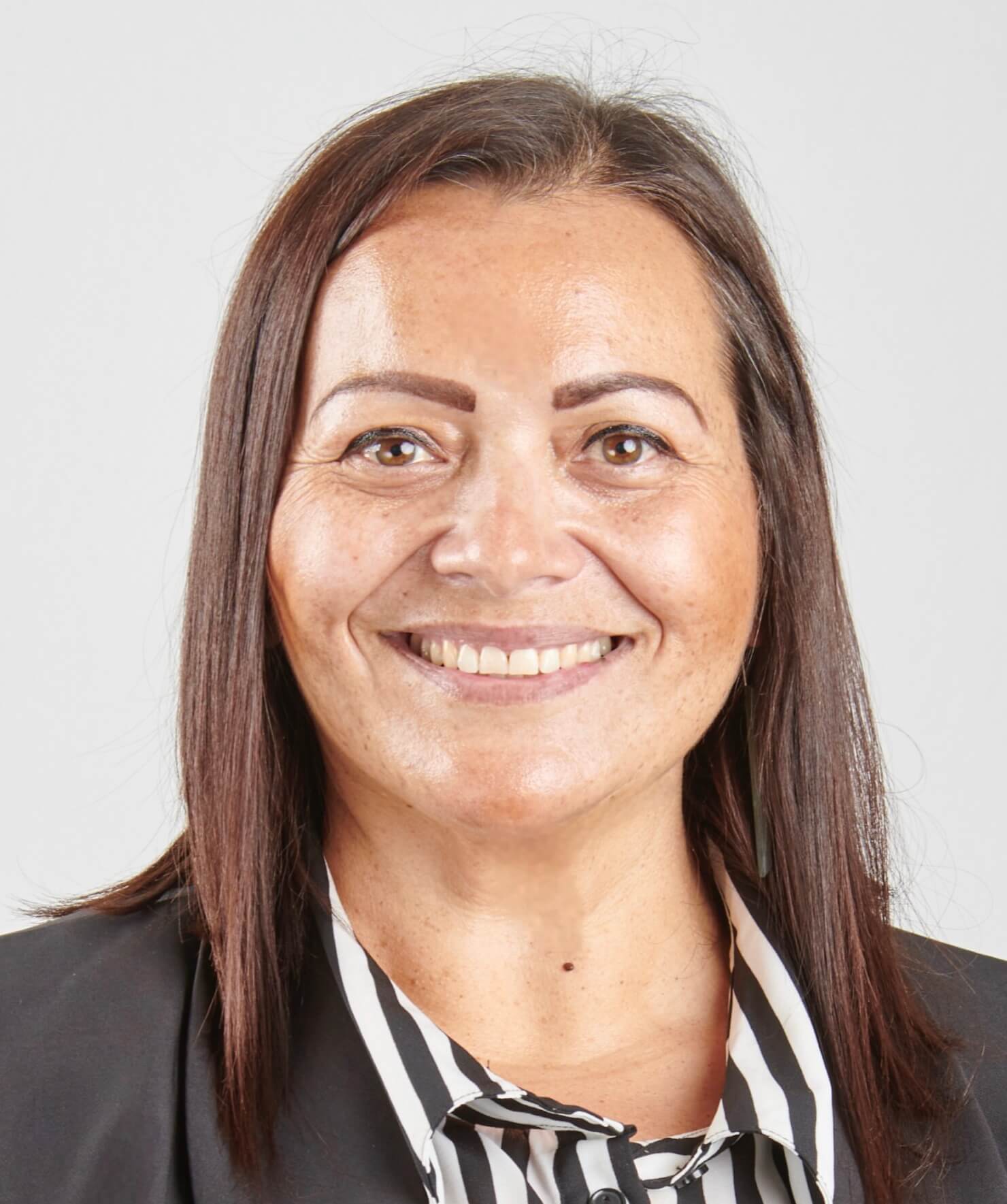
Corren Ngerengere – 2025
Yes. Councillors can strengthen the connection between council and community boards, ensuring two-way communication making for a better understanding of local issues, priorities and opportunities. This relationship can also support council priorities, which contributes to improved community outcomes. Community voice is incredibly important in council decision-making. When high-functioning, boards provide valuable local insights and, when listened to, can provide great community outcomes. However, there is a risk, if boards are not high-functioning, they can be ineffective. I commit to being an effective board member.
Gerda Venter
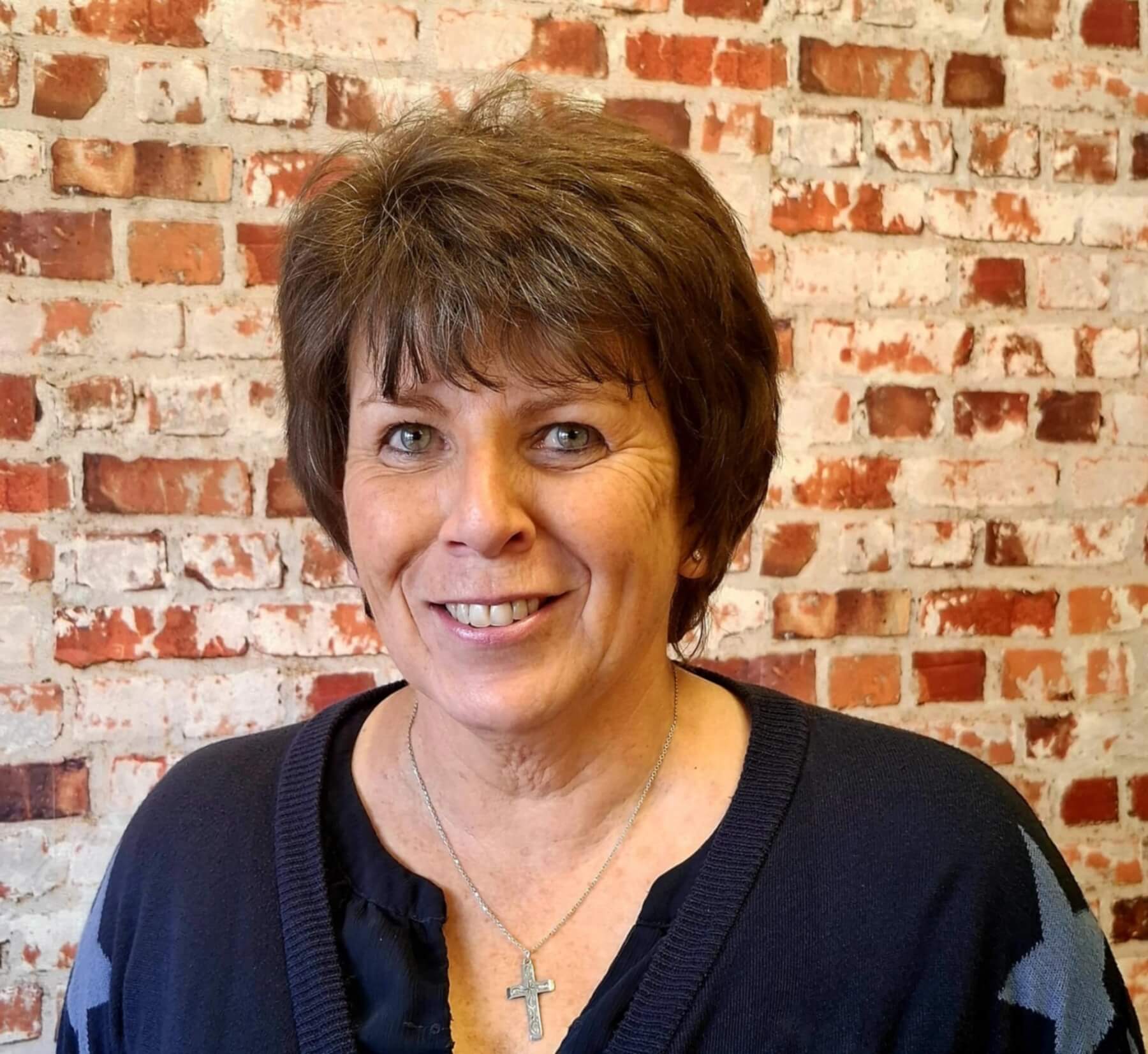
Gerda Venter – 2025
Community boards are there to advocate for the local community. Councillors on the board should be there only to communicate and explain the council’s position. In any other way, it can be a conflict of interest, and it can dilute the independence of the community boards. Yes, Waipā covers multiple distinct communities, and these areas then have a direct voice beyond ward councillors. They should be strengthened with clear delegations, real budgets and formal reporting links.








